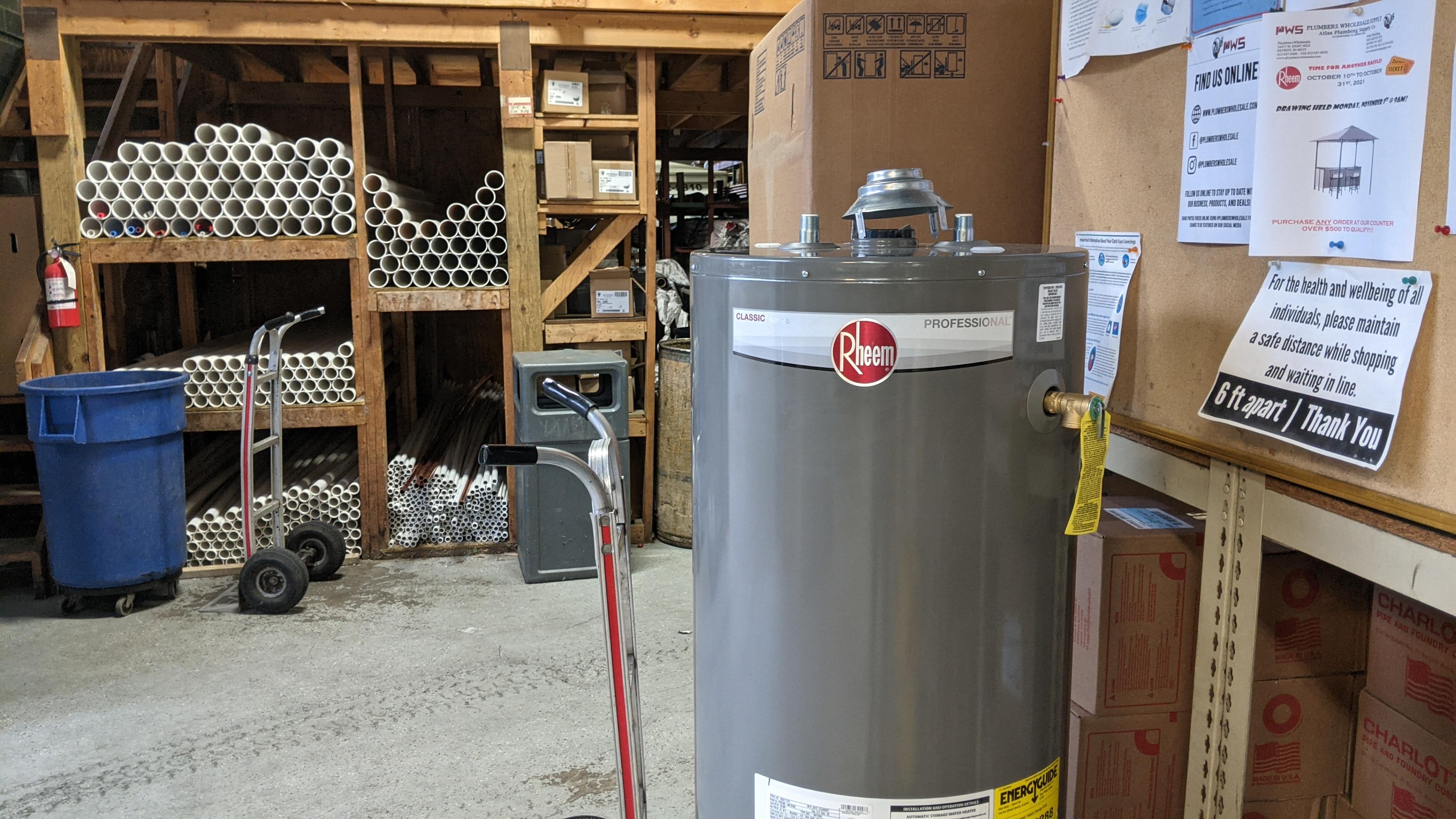
4 Tips for Extending the Lifespan of your Water Heater
| Atlas Plumbing
The typical water heater can last between 8 to 12 years in operational use, barring catastrophic events. In most cases, water heaters will gradually start to lose efficiency because of the inevitable build-up of sediments over time. Beyond sediments, some water heaters will start to leak as they grow older. Thankfully, many of such leaks tend to be minor and non-threatening.
However, if you are unlucky, your water heater could suffer a sudden explosive leak – knowing the location of the water shutoff valve might be the key to preventing your basement from being flooded in such instances.
Nonetheless, you might still find the occasional odd water heater that is still in operational use after 15 – 20 years. If you want your water heater to last long, this article provides four ideas that could help you extend the lifespan of your water heater.
-
Flush out the tank regularly
Naturally-occurring minerals in water such as calcium and magnesium often become particles when water is being heated and the particles eventually settle to the bottom of the water heater. Flushing out your tank regularly is a smart way to prevent the build up of sediments.
All you need to do is to locate the drain valve on the water heater, connect it to a garden hose and drain out all the water. If you are in the market for a new water heater, you may want check for heaters that have a self-cleaning feature.
-
Install an expansion tank
Water heater systems can be broadly divided into closed and open systems. If you have a closed water heater system, it means that your water heater system has a valve that stops water from flowing back into the mains. When water is being heated from 50º to 120º, it expands by about 2%. Hence, a 50-gallong water heater will end up producing 1 gallon extra when the water is heated. In an open system, the excess water fill flow back into the mains. However, in a closed system, the water won’t go anywhere; thereby leading to an increase in water pressure.
The alternating increase and decrease in water pressure will in turn lead to expansion and contraction in your water heater and its plumbing components to increase the odds of a sudden break down. Installing an expansion tank provides room for the excess water and it reduces the strain on your water heater.
-
Install a pressure regulating valve
As mentioned earlier, water pressure could determine the longevity of your water heater. If your mains deliver a water pressure higher than 90 PSI it could increase the odds that your water heater and bathroom fixtures would fail prematurely. A Pressure regulating Valve (PRV) is a device designed to normalize system water pressure. Installing a PRV could also reduce wear and tear on your plumbing fittings. If you are planning to install an expansion tank, it might be better to go all the way by installing a pressure regulating valve as well.
-
Install a second anode rod
Minerals concentrations present in water, conductivity of water, and the increase in temperature often combines to trigger galvanic corrosion in the water tank. Many modern tanks have glass or porcelain-lined walls that prevent corrosion in the tank. The anode rod is a water heater component made of aluminium or magnesium. Its main function to attract the minerals in the water; hence, the anode rod will suffer the galvanic corrosion that would have happened to the water heater tank itself.







